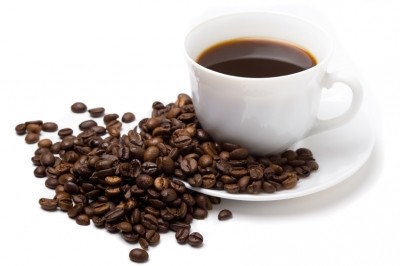3-5 cups of coffee a day may help keep artery blockages away

Coronary artery calcium, or calcification, is an early indicator of coronary atherosclerosis whereby fatty material is accumulated narrowing the arteries and increasing the risk of blood clots and therefore heart attack.
The study looked at 25,138 Korean male and females with an average age of 41.3 years and no clinical signs of cardiovascular disease.
A U-shaped association was found between coffee consumption and a lower prevalence of coronary artery calcium, with this risk being lowest amongst the three to five cup group.
In their conclusions the researchers from the Sungkyunkwan University in South Korea, Johns Hopkins Bloomberg School of Public Health in the US and the University of Malaya in Malaysia wrote: “Our study adds to a growing body of evidence suggesting that coffee consumption might be inversely associated with cardiovascular disease risk. Further research is warranted to confirm our findings and establish the biological basis of coffee's potential preventive effects on coronary artery disease.”
The participants completed a 103-item dietary survey in which they were asked how often on average they had consumed each type of food and drink during the previous year. They also gave details of portion size (small, medium or large) and frequency (ranging from never, seldom and more than three times a day for foods and never, seldom and more than five times a day for beverages).
To conclude?
However the British Heart Foundation (BHF) warned against generalising these results since they were based on a South Korean population, which differed in diet and lifestyle habits from people in the Europe.
Victoria Taylor, senior dietitian for the charity, said: “While this study does highlight a potential link between coffee consumption and lower risk of developing clogged arteries, more research is needed to confirm these findings and understand what the reason is for the association.”
The researchers behind this latest research said findings around cardiovascular health and coffee intake had been controversial with results veering from an increased risk of cardiovascular disease to a decreased risk with moderate consumption.
This earlier meta-analysis had also pinpointed this three to five cup consumption as a moderate daily coffee intake.
Source: Heart
Published online ahead of print, doi:10.1136/heartjnl-2014-306663
“Coffee consumption and coronary artery calcium in young and middle-aged asymptomatic adults”
Authors: Y.Choi, Y. Chang, S. Ryu, J. Cho, S. Rampal, Y. Zhang, J. Ahn, J. A. C. Lima, H. Shin, E. Guallar
















